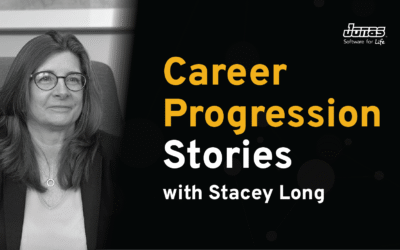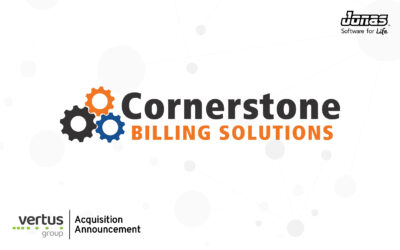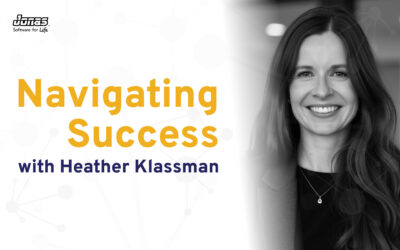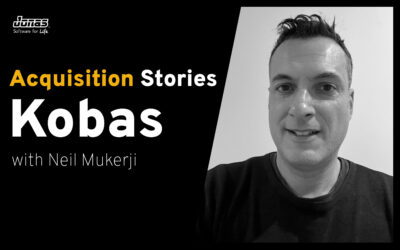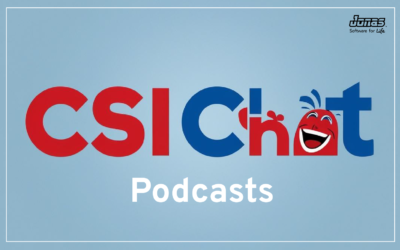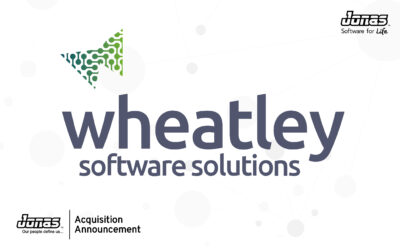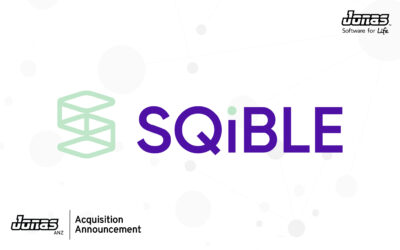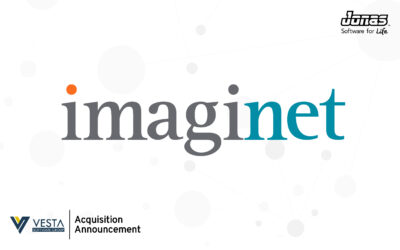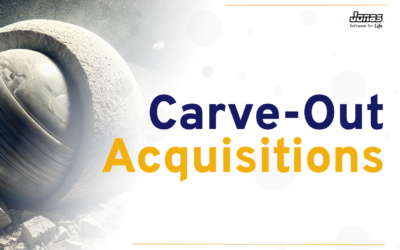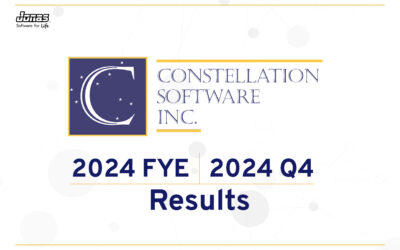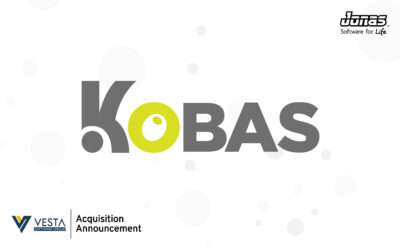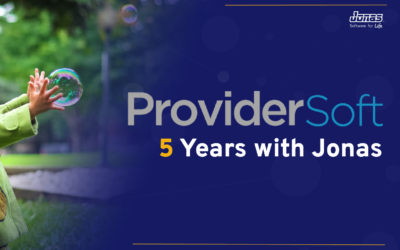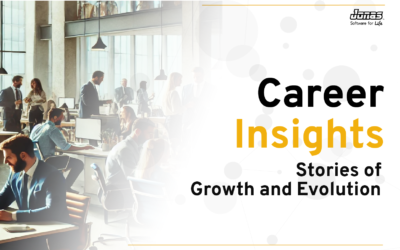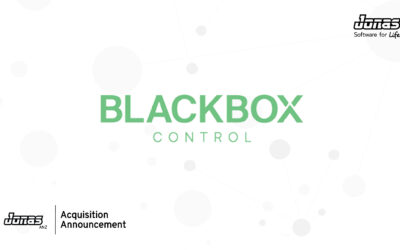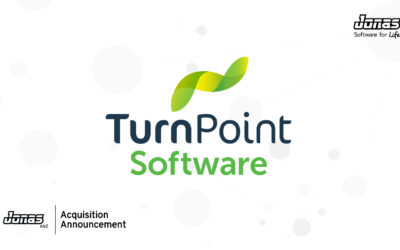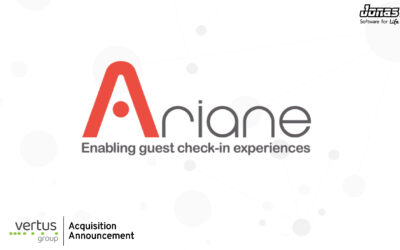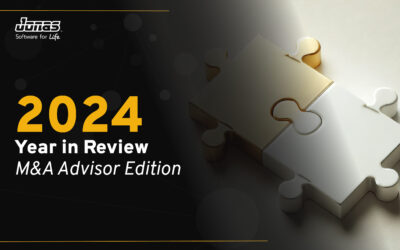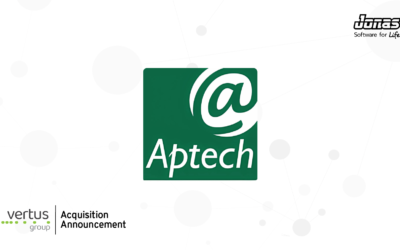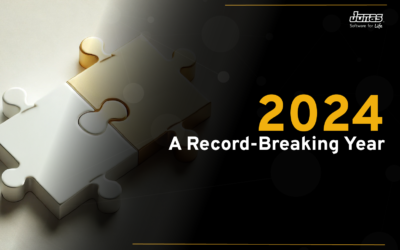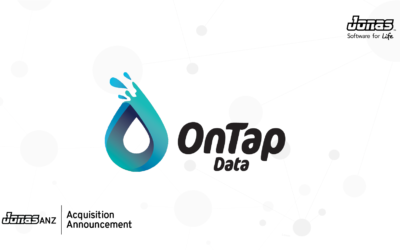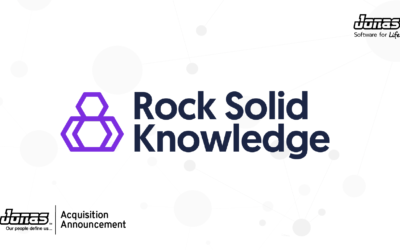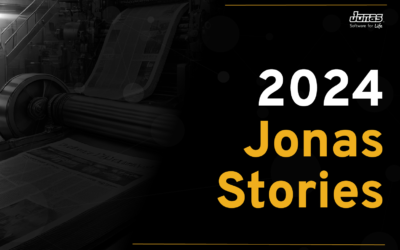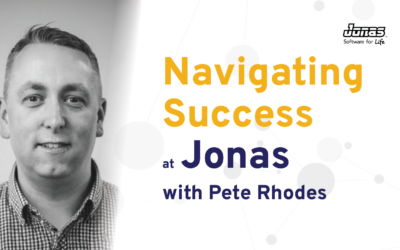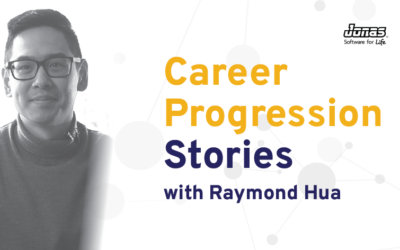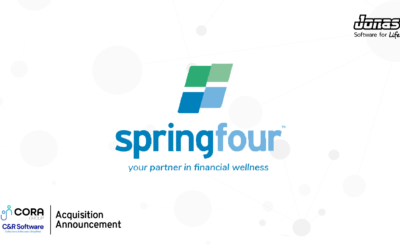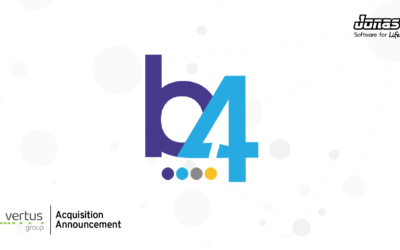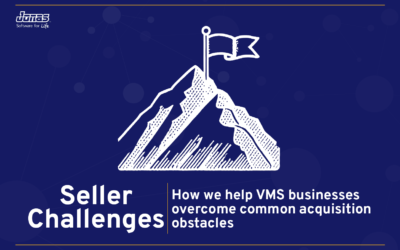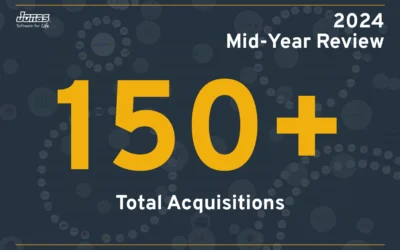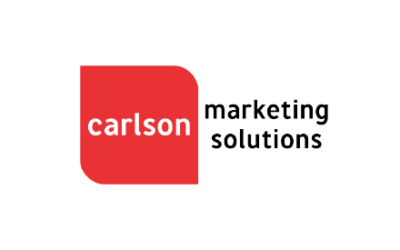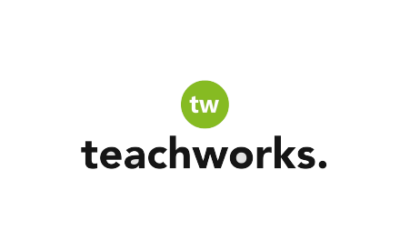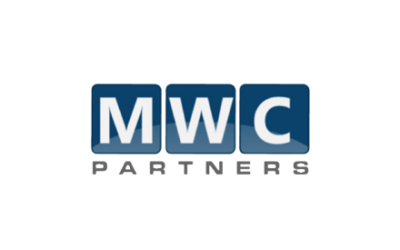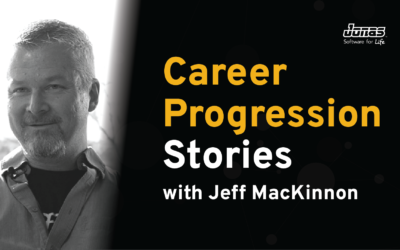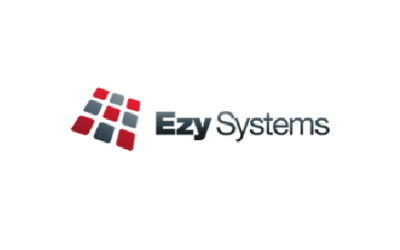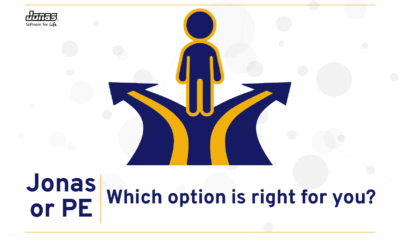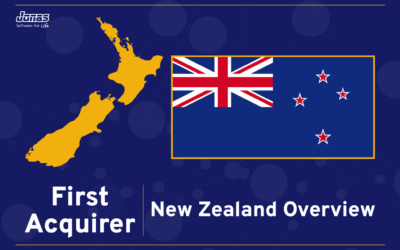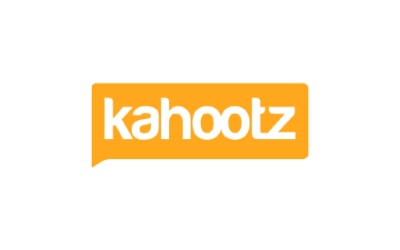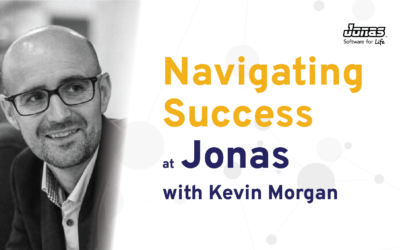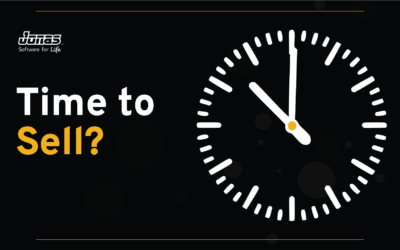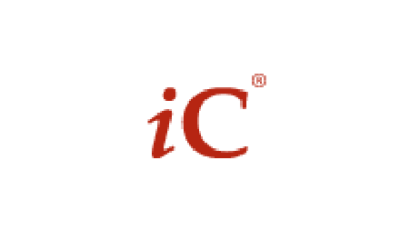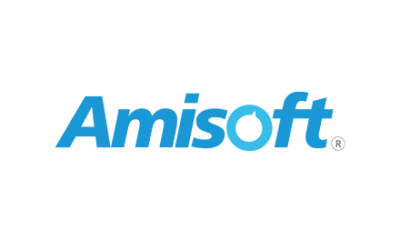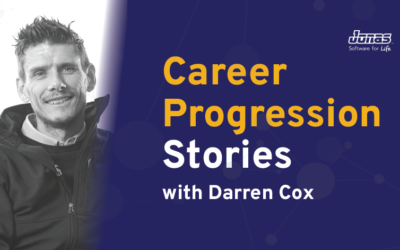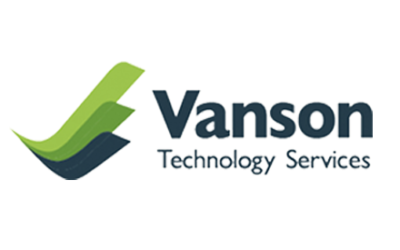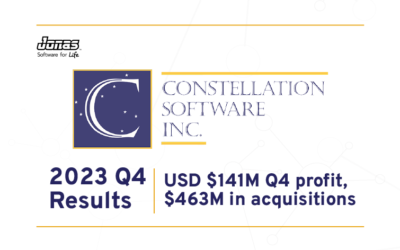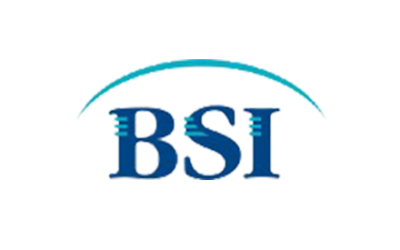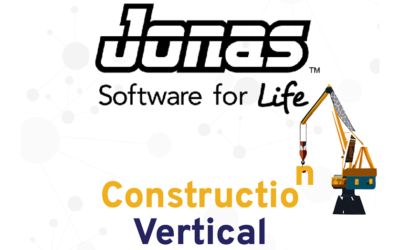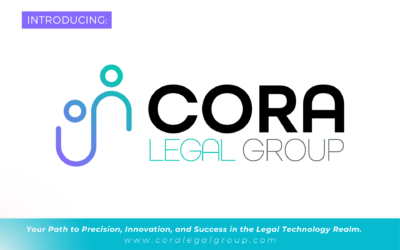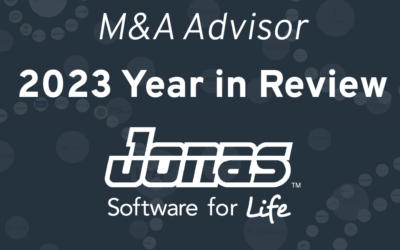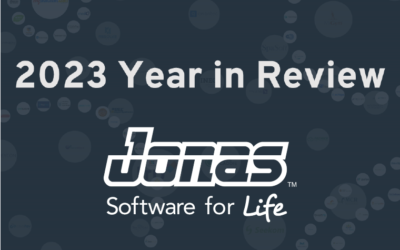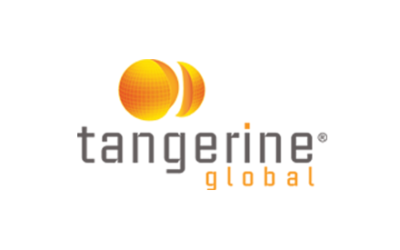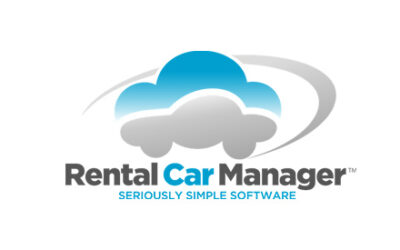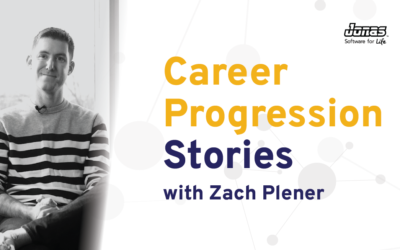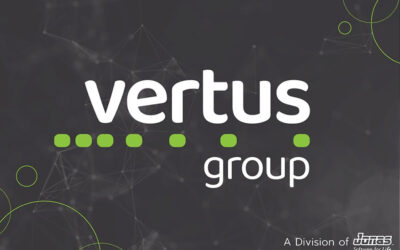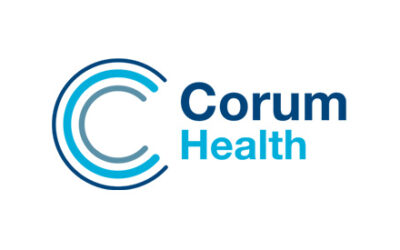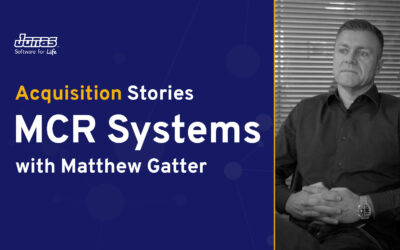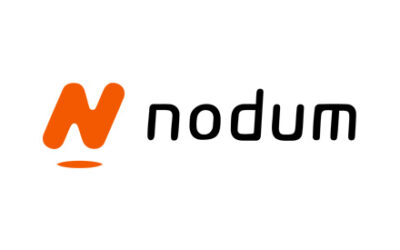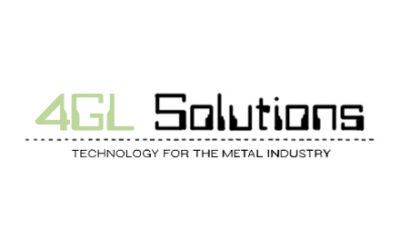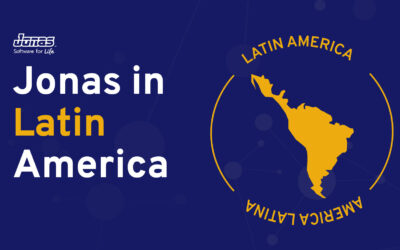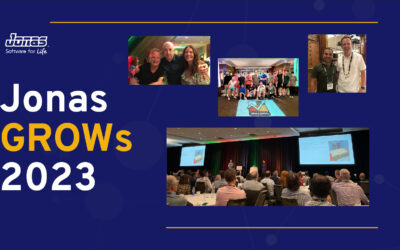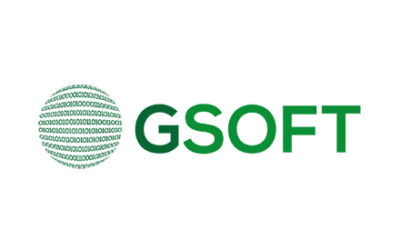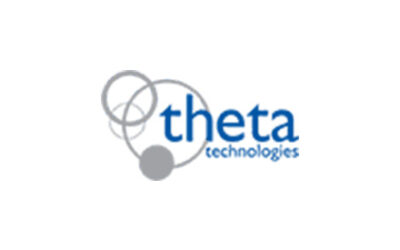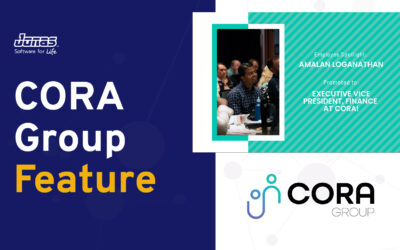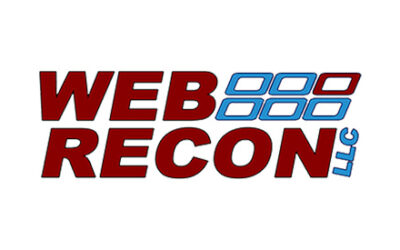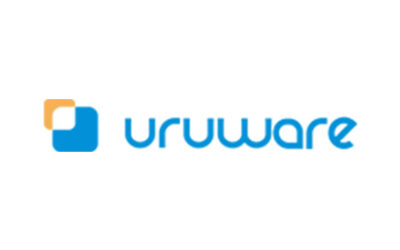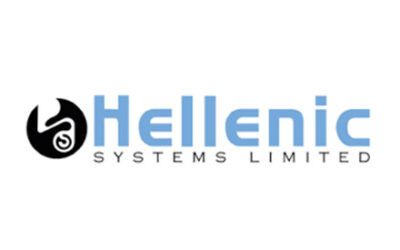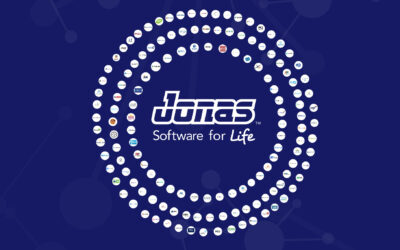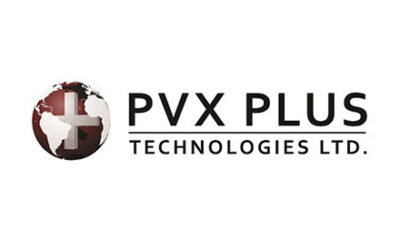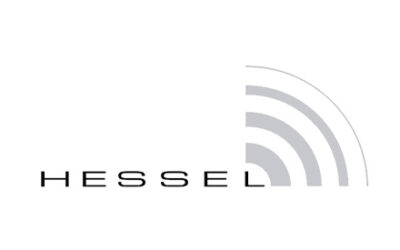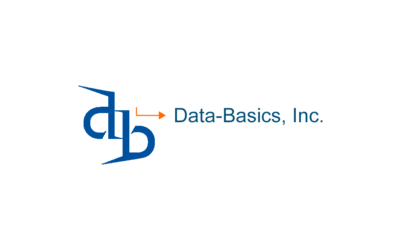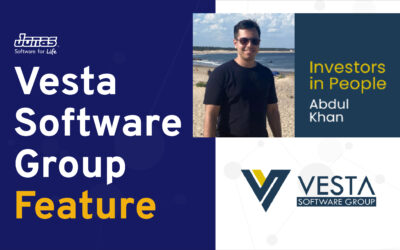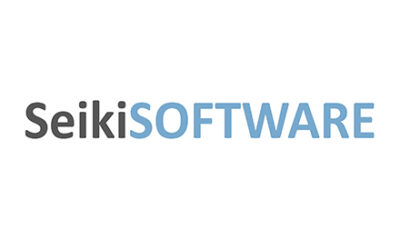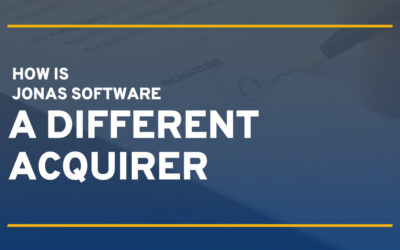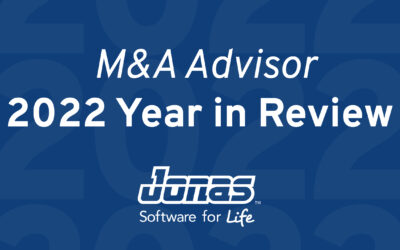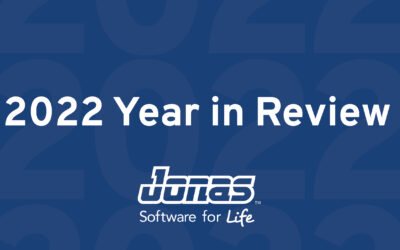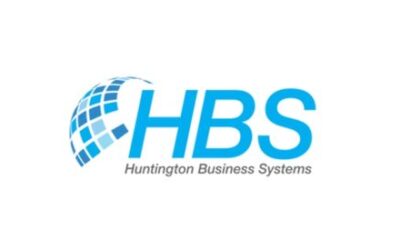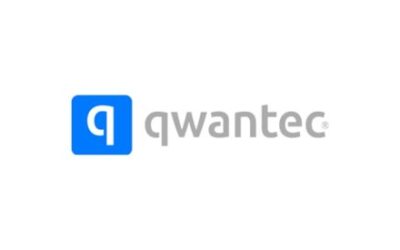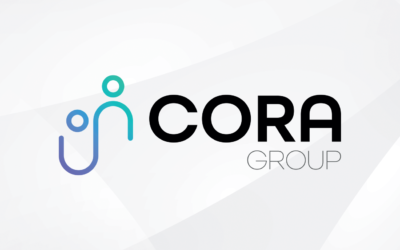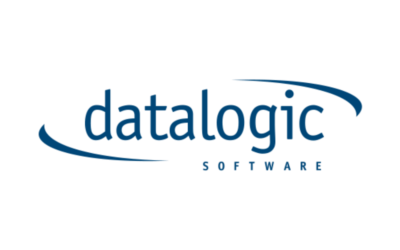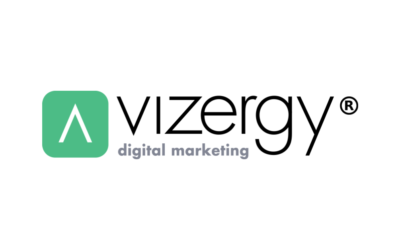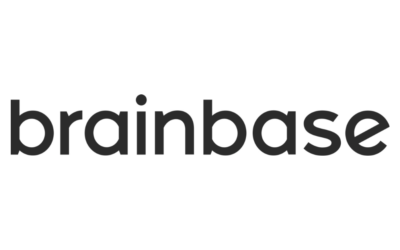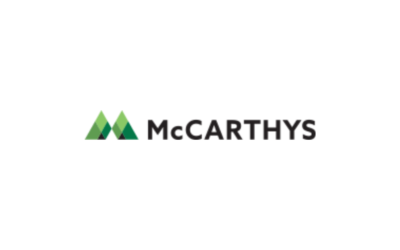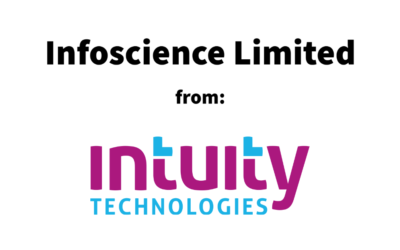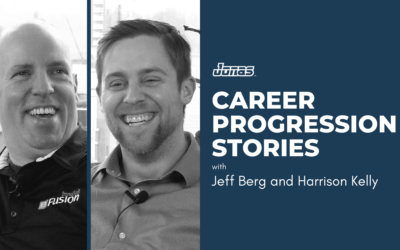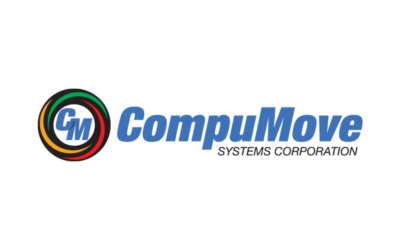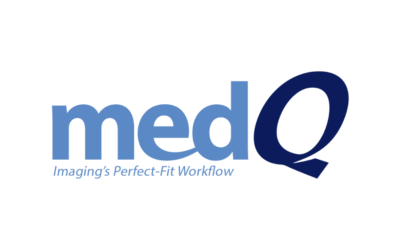We caught up with Des O’Mahony, CEO and Co-Founder of Bookassist, which Jonas acquired in 2017, to discuss the acquisition process for Bookassist and what life looks like post-acquisition.
George:
Des, thank you for taking the time today. Can you give us a little background on Bookassist?
Des:
Bookassist serves the independent hotel sector, boutique hotels, or small groups of typically 10 to 20 hotels. It’s those kinds of hotels that are digitally-savvy already, but they don’t have enough of a digital team in-house to run their own strategy, not like the large chains would have or the large franchises.
We work to develop the online strategy with those hotels, the full funnel from customer capture right through to booking. Then we implement that strategy with them with our software.
George:
How did you discover Jonas Software, and how were we compared to other acquirers?
Des:
Jonas Software really discovered us rather than the other way around. The M&A team had been in touch with me on an ongoing basis every six months or so and had been reasonably persistent to have conversations. I have to say when they were initially in touch with me, I wasn’t that interested in the process in general.
It had nothing to do with Jonas, but I wasn’t thinking in terms of either investment or acquisition of the business. But because that dialogue had built up over a number of years, then it was far less of a surprise for me to jump in and get involved when the time came.
George:
Why did you decide to sell to Jonas?
Des:
Fundamentally, I think it’s because it solved my issues. Yes, I wanted to deleverage and de-risk a little bit. But more importantly, I thought there was great value in the company and I thought there was value in me staying in the company and driving it forward. It allowed me to continue doing what I really liked and to continue taking the next steps towards making the company even better.
There was talk around de-risking. We’re getting older. We want to take some money off the table. Some people wanted to leave. Some people wanted to continue. And there were all these questions floating around.
Initially my push was to see if we could get an investor who could buy out some of the shareholders and then invest in the company and move it forward. The more discussions I had, the more I realized that I would lose control of what the ethos of the company was.
A lot of people were interested in buying the company because it had been successful. But a lot of it was about breaking up the company or about an asset buy, where they would buy the contracts, but most of the staff would be sent home. And while some of the offers were lucrative in and of themselves, I didn’t feel good about what would ultimately happen with the company.
The discussion with Jonas, however, was very different. If you want to continue running the company with your strategy and your ideas, then you can do that and we can safeguard the future of the company. Jonas has never sold companies. All of those things really appealed to me. I had no idea that that kind of model actually existed prior to those discussions. Once I was made aware of those options, it quickly became apparent that this could be a very good solution for everybody.
George:
Can you describe your experience with the pre-acquisition process?
Des:
The process actually turned out to be relatively short from the very first kind of proper engagement meeting, which was in August of 2017, to closing the deal in December 2017. The primary thing that stands out for me about the whole process was the fact that there was very strong and open discussions at all stages.
It was very good dialogue. It was straight talking. It was very clear immediately, after a number of small discussions, that there was a model for how the business was valued. It was very important for me to see that there was a sensible way for how the business was being valued. In fact, the valuations that we started with in the discussions was the valuation we ended with.
I had seen before in many kinds of Venture Capital scenarios where a really nice carrot is dangled and then by the time you get to the end of the discussions it has been whittled away. It was an honest and open discussion from day one and a very positive discussion. It also focused on how do we now build the business to the next level, not just what’s your business doing, what’s it worth, but what are we going to do afterwards and where does it go?
George:
This leads into my next question. Can you describe life at Bookassist after the Jonas acquisition?
Des:
In one sense, it didn’t change much day-to-day and still hasn’t changed an awful lot. For most of the employees, it wouldn’t have changed significantly. The biggest immediate impact was that we needed to change accounting systems pretty quickly and accounting practices. That is a result of the fact that we were a small standalone company.
Jonas is part of Constellation Software Inc. It’s a publicly-traded company. The numbers from our business would roll up into the parent company. It was moderately painful to have to go through the process of changing it, but mostly for the finance team, not for me personally or for any other employee. That had to be done quickly within the first quarter.
Once that was done, one of the things that was great about it was the vision it gave me on my business, which was completely different from the vision that I had on the business previously. Again, because of the way that Jonas structures their accounts and the way that they structured the KPIs that come from those accounts, I was able to get very good insight into the performance of my business in a way that I had not seen before.
Despite the process itself being an immediate all hands on deck to get this changed quickly in the first few months, the result of it was very positive for what followed.
George:
At Jonas, we often talk about our ABCs as differentiators. We have autonomy (our decentralized operating model), buy and hold forever (we never sell, which allows us to invest for the long term), and our culture of sharing best practices (learning from the Jonas or CSI family of software companies). How has your experience aligned with these differentiators?
Des:
They have been very key. I’ve touched on a couple of them before. I’ll start with autonomy. One of the key issues for me was to be able to continue with the kind of strategy and approach to the marketplace that I was interested in. There’s a lot of strength there to be leveraged, and Jonas recognized that and they let the business leader fulfill those dreams where that leader wants to do so, and I think that’s important.
That autonomy is given. The overhead on that is relatively light touch if you are delivering on your numbers and you are pushing forward. Interestingly, if you’re not delivering on your numbers and things may not be working, the approach there from the portfolio level above me is how do we step in and help you? It’s not a criticism issue. It’s more how do we all work together here to get that business moving?
That’s really one of the key points that probably goes to your third point about that culture of delivering best practices. If something is not working, then you know that you can fall back on so many other people who’ve been through problems or issues in their business and have dealt with them either positively or negatively, and they can share that experience with you. There are literally hundreds of people that you can tap into within that family that you couldn’t have done as an independent business.
From a personal perspective, it’s been a very strong learning experience for me in terms of how business is run, because prior to this, I had no business training. I was running my business. It was successful, but it was really how I felt about things should be done. Now, being able to tap into that community, I’ve learned an awful lot more, and it’s been a huge learning experience for me.
George:
What tips and advice would you give to a business owner thinking of selling their business?
Des:
When it comes to the actual question of selling your business, I think the business owner needs to know why they want to sell and be honest with themselves. Sometimes you simply want to sell because you want to make some money, and that’s fine. But a lot of people don’t want to say that. They want to talk about other things. I think the honesty with yourself about why you want to make this step is important. And it’s perfectly fine to say, I’m getting older, I want to sell the business or I want to move on and do other things. The first thing is being honest about what you really want with yourself and the other stakeholders / shareholders.
The second one is that when you get to a process it’s critical that you know your numbers and that you cast everything in terms of the impact on the numbers. I often see companies where, like myself, you have technical people who have a great passion for the product that they have, and they will talk for hours about why it’s great and how it does this and how it does that. But the bottom line is unless that passion drives numbers in a positive direction, then it’s a misguided or a misdirected passion. What is important is that everything I believe about my business translates to numbers. You have to know your numbers and you have to know the direction they’re going in.
Finally, I would say that I think it’s really important to be honest in the process itself. If you have positives, you should speak them up. But if there are negatives in the business, you should probably get them out pretty early and say, OK, here’s a negative. How are we going to solve this one and fix it? If you try to hide stuff, then all you were doing is saying that by the time you get to the end of a process, something suddenly comes out and you have destroyed a trust that you’ve built all the way through a process. You more than likely will get a reduction in valuation because it looks like something is not the way it initially seemed. More importantly you may actually damage the rapport that you’ve built up with people during that period.
Thank you Des O’Mahony for sharing your experiences. If you own a software business, we would love to learn more about your company. Feel free to reach out to learn more.
Recent Posts
Career Progression Stories: Stacey Long
We caught up with Stacey Long, Jonas Software's VP of Human Resources, to talk about her career progression, her role at Jonas, our ABCs, and...
Vertus Group Acquires Cornerstone Billing Solutions
Chicago, Illinois, USA – Vertus Group, a Division of Jonas Software, is thrilled to announce the acquisition of Cornerstone Billing Solutions...
Navigating Success: Heather Klassman
Thought-Leadership Insight with Heather Klassman We caught up with Heather Klassman – current Portfolio CEO at CORA Group, to talk about her career...
Why I Sold – Acquisition Stories with Neil Mukerji, Kobas
We caught up with Neil Mukerji, the former co-owner of Kobas. Kobas is an all-in-one hospitality management platform for restaurants, bars, and...
CSI Chat Highlights: Sovereign Debt to Improv in Business
CSI Chat is hosted by Scott Denneny, Vice President of Finance at Constellation Software (Jonas Software’s parent company). The podcast brings...
Jonas Europe Acquires Wheatley Software Solutions
Wallingford, Oxfordshire, April 28th, 2025 – Jonas Europe (“Jonas”) is pleased to announce the acquisition of Wheatley Software Solutions. Wheatley...
Jonas In Medicine – Vertical Overview
Jonas Software’s entry into the medical and healthcare space began in 2007 with the acquisition of Computrition—a pioneer in foodservice management...
Jonas Software Acquires SQiBLE
Brisbane, Australia, April, 14 2025 - Jonas Software ANZ “Jonas” is pleased to announce the acquisition of SQiBLE. SQiBLE is a market-leader with a...
Vesta Software Acquires Imaginet Limited
Wallingford, Oxfordshire, April 9, 2025 – Vesta Software Group ("Vesta"), is pleased to announce the acquisition of Imaginet Limited (“Imaginet”), a...
The AI Winter Speculation and its Effects on Vertical Market Software
In recent months, speculation about a potential 'AI Bubble' or 'AI Winter' has gained traction among industry analysts. With concerns over...
ABC To Growth: Unlocking Value Through Carve-Outs
Why Consider a Carve-Out?Unlocks Capital and Resources Carving out non-core businesses can be extremely favorable for sellers. A key benefit of a...
Constellation Software Inc. Announces Results for Q4 and Year Ended December 31, 2024
Toronto, Ontario (March 7, 2025) - Constellation Software Inc. (TSX: CSU) ("Constellation" or the "Company"), Jonas Software's parent company, has...
Finding The Perfect Fit: A Guide for Selling Your Business to Jonas Software
This guide is designed for business owners considering selling their companies and outlines how Jonas Software provides the perfect home for your...
Vesta Software Acquires Kobas
Wallingford, Oxfordshire, March 3rd, 2025 – Vesta Software Group (“Vesta”), is pleased to announce the acquisition of Hospitality Tech Holdings Ltd....
ABC To Growth: Providersoft
Five Years of Innovation and Growth Under Jonas Software In November 2019, ProviderSoft joined the Jonas Software family under our PYXiS portfolio,...
Why Work at Jonas?
At Jonas Software, employees thrive in a dynamic, growth-focused environment with endless opportunities. From strategy and acquisitions to...
Metal Service Centers Vertical Overview
Jonas has a very interesting history in the metal services center industry, dating back over 50 years ago. To read the full details of our history,...
Jonas Software Announces Acquisition of Blackbox Control
Perth, Western Australia, Australia, February 11, 2025 – Jonas Software is pleased to announce the acquisition of BlackBox Control, a leading...
Jonas Software Announces Acquisition of TurnPoint Software
Brisbane, Australia, February 7, 2025 – Jonas Software ANZ ("Jonas") proudly announces the acquisition of TurnPoint Software (“TurnPoint”), a...
Vertus Group Announces Acquisition of Ariane Systems
French and German translations available below Paris, France - Vertus Group ("Vertus"), a Division of Jonas Software and Constellation Software...
2024 Year In Review – M&A Advisor Edition
2024 was a record-breaking year for the Jonas Software team. 29 innovative and mission-critical software companies were acquired in 2024, read the...
Vertus Group Announces Acquisition of Aptech
Pittsburgh, Pennsylvania, USA - Vertus Group ("Vertus") is excited to announce its acquisition of Aptech, a pioneer financial software technology...
2024 Year in Review
2024 has been a year full of new growth for Jonas: 29 innovative and mission-critical software companies were acquired by Jonas to help us...
Jonas Software Announces Acquisition of OnTap Data
Brisbane, Australia, December 19, 2024 – Jonas Software ANZ (“Jonas”) proudly announces its acquisition of OnTap Data Australia, a leading provider...
Jonas Europe Announces Acquisition of Rock Solid Knowledge
Wallingford, Oxfordshire, December 16, 2024 – Jonas Software (“Jonas”) is pleased to announce the acquisition of Rock Solid Knowledge, a market...
Our Top Stories From 2024
As we begin to reflect on 2024, we wanted to share some of the standout stories and achievements from the Jonas Software family. These highlights...
PYXiS Software Group Announces Acquisition of Tracx Systems Ltd.
Markham, Ontario, November 15, 2024 – PYXiS Software Group (“PYXiS”), a division of Jonas Software, is pleased to announce the acquisition of Tracx...
Career Progression Stories: Thomas Wu
We caught up with Thomas Wu, M&A Associate at CORA Group, to talk about his career progression, our Jonas ABCs, and more!
...CORA Group Announces Acquisition of Volanté Systems
Warminster, PA., October 24, 2024 – CORA Group (“CORA”), a leader in strategic acquisitions of software companies, announced today that it has...
Education Vertical Overview
Since the acquisition of Gladstone, our presence in the education vertical has grown significantly to serve over 10 different niches including...
Navigating Success At Jonas: Pete Rhodes
Pete Rhodes, Business Unit Leader of Hellenic and former BUL of Cunningham ePOS, shares a perspective on success at Jonas and much more.
...Vesta Announces Acquisition of MachineMax
Wallingford, Oxfordshire, September 20, 2024 – Vesta Software Group Limited (“Vesta”) is pleased to announce the acquisition of MachineMax...
Career Progression Stories: Raymond Hua
We caught up with Raymond, Vice President of M&A at CORA, to talk about his career progression, his role at Jonas, our ABCs, and more!Thank you,...
CORA Group and C&R Software Announce Acquisition of SpringFour
Warminster, PA, September 4, 2024 – C&R Software (“C&R”),the world’s leading Cloud-native end-to-end software and solutions provider for the...
Vertus Group Announces Acquisition of B4Checkin
Halifax, Nova Scotia, Canada – Vertus Group, a Division of Jonas Software, is pleased to announce the acquisition of B4Checkin (“b4”), the provider...
Beating Acquisition Process Challenges
Once you have decided that it is time to sell your VMS business, you will want to find and analyze the set of challenges that you and your business...
Fitness | Leisure | Sports Vertical Overview
Since the acquisition of EZFacility, our presence in the fitness, leisure, and sports vertical has grown significantly to serve over 25 different...
2024 Mid-Year Review
2024 has been a milestone year full of new growth for Jonas Software, see our review of 2024 so far: 15 innovative and mission-critical software...
CORA Group Announces Acquisition of Carlson Marketing Solutions Loyalty Platform from Kognitiv
Warminster, PA, July 10, 2024 – CORA Group (“CORA”), an operating portfolio of Jonas Software, a subsidiary of Constellation Software Inc., is...
Vertus Group Announces Acquisition of Teachworks
Simi Valley, California, United States of America – Vertus Group is pleased to announce the acquisition of Teachworks, the leading provider of Tutor...
Vesta Announces Acquisition of MWC Partners
Wallingford, United Kingdom, June 10th, 2024 – Vesta Software Group (“Vesta”) is pleased to announce the acquisition of MWC Partners Ltd. (“MWC”), a...
Career Progression Stories: Jeff MacKinnon
We caught up with Jeff MacKinnon, Jonas Software's CFO, to talk about his career progression, His role at Jonas, Our ABCs, and more!Thank you, Jeff,...
Vesta Announces Acquisition of Dataflow Events
Wallingford, United Kingdom, June 10th, 2024 – Vesta Software Group (“Vesta”) is excited to announce the acquisition of Dataflow Events...
Jonas Software Acquires Ezy Systems
Jonas Software Acquires Ezy Systems, strengthening the customer experience for wine producers. Brisbane, Australia, June 18, 2024 – Jonas Software...
PE or Jonas? What You Need To Know
Is PE right for you? Selling your business to a private equity (PE) firm is a landmark decision that requires careful consideration and strategic...
New Zealand Overview
Since the initial acquisition of Jonas Leisure (Formerly Centaman), our presence in New Zealand has continuously grown and now hosts a suite of...
Jonas Software Acquires Kahootz
Wallingford, Oxfordshire, March 25, 2024 – Jonas Software (“Jonas”) is pleased to announce the acquisition of Inovem Limited (“Kahootz”). Kahootz is...
Navigating Success At Jonas: Kevin Morgan
Kevin Morgan, Chief Investment Officer at the Jonas UK portfolio, shares a perspective on success at Jonas, M&A and much more.
...Are You Ready To Sell Your VMS Business?
Are You Ready to Sell? Many entrepreneurs faced with this question may feel that their situation is unique to them. If you can relate to any of the...
Jonas Software Acquires Intelligent Counting Ltd.
Wallingford, Oxfordshire, March 25, 2024 – Jonas Software (“Jonas”) is pleased to announce the acquisition of Intelligent Counting Limited (“iC”)....
Vesta Announces Acquisition of Amisoft Spa.
Wallingford, United Kingdom and Montevideo, Uruguay, March 15th, 2024 – Vesta Software Group (“Vesta”) – through its wholly owned and Uruguay based...
Career Progression Stories: Darren Cox
We caught up with Darren Cox, Director of Business Development at CORA Group, to talk about his career progression, His role at Jonas, Our ABCs, and...
CORA Group Announces Acquisition of Vanson Technology Services
CORA Group Acquires Vanson Technology Services, Expanding in Loyalty Engagement Solutions Warminster, PA, March 8, 2024 – In a strategic move to...
Constellation Software Inc. Announces Results for Q4 and Year Ended December 31, 2023
Toronto, Ontario (March 6, 2024) - Constellation Software Inc. (TSX: CSU) ("Constellation" or the "Company"), Jonas Software's parent company, has...
Vesta Announces Acquisition of Béker-Soft Informatika Kft
Wallingford, Oxfordshire, March 6, 2024 – Vesta Software Group (“Vesta”) is pleased to announce the acquisition of Béker-Soft Informatika Kft....
Construction Vertical Market Overview
Since the initial acquisition of Jonas software by Constellation Software, the construction vertical has continuously grown and now hosts a suite of...
CORA Group Launches CORA Legal Group
CORA Legal Group is focused on shaping the future of legal technology by uniting industry leading software companies to better serve the evolving n...
Jonas Software M&A Advisor 2023 Year In Review
Jonas Software acquired 17 innovative companies in 2023. For a detailed overview of our 2023 acquisitions, read the 2023 Year in Review here. Of the...
Jonas Software 2023 Year In Review
2023 has been an amazing year full of new growth for Jonas Software: 17 innovative and mission-critical software companies were acquired by Jonas...
Vertus Group Announces Acquisition of Tangerine Global
Simi Valley, California, United States of America – Vertus Group is pleased to announce the acquisition of Tangerine Global, a leading provider in...
Jonas Software Acquires Rental Car Manager
Brisbane, Queensland, Australia, December 22, 2023 - Jonas Software is pleased to announce the acquisition of Rental Car Manager, a leading provider...
Career Progression Stories: Zach Plener
We caught up with Zach Plener, Director of M&A at Vertus Group, to talk about his career progression, His role at Jonas, Our ABC's, and...
Jonas Software Launches Vertus Group
Jonas Software is pleased to announce the official launch of Vertus Group, a new vertically diverse portfolio focused on increasing capacity to bot...
History of the Jonas Food Portfolio
Jonas Software has a 15+ year history of providing mission critical software solutions to customers in food-related industries, such as foodservice...
Jonas Software Acquires Corum Health
Brisbane, Queensland, Australia, October 23, 2023 - Jonas Software is pleased to announce the acquisition of Corum Health. Corum Health is a...
Acquisition Stories: MCR Systems
We caught up with Matthew Gatter, the former Managing Director of MCR Systems, and Richard Clancy, Group CEO of Vesta Software, to talk about the...
Vesta Software Group Acquires Nodum
Wallingford, Oxfordshire, United Kingdom, October 12th, 2023 – Vesta Software Group (“Vesta”), a subsidiary of Jonas Software (“Jonas”) is pleased...
Jonas Software Acquires 4GL Solutions
Markham, Ontario, Canada, September 21, 2023 – Jonas Software (“Jonas”) is pleased to announce the acquisition of the 4GL Solutions ("4GL"). 4GL is...
Jonas Software’s Latin America Acquisitions
Jonas Software has grown at an astronomical rate in Latin America since our first two acquisitions in late 2021. Since then, Vesta Software Group, a...
Jonas GROWs 2023 Conference
That’s a wrap on our #JonasGROWs 2023 event! Thank you to everyone that helped put this conference together and thank you to all of the senior...
Vesta Software Group Acquires GSoft
Wallingford, Oxfordshire, United Kingdom, August 1st, 2023 – Vesta Software Group (“Vesta”), a subsidiary of Jonas Software (“Jonas”) is pleased to...
Jonas Software Acquires Theta Technologies Pty Ltd.
Brisbane, Queensland, Australia - July 25 2023 - Jonas Software ("Jonas") is pleased to announce the acquisition of Theta Technologies Pty Ltd...
CORA Group Feature ‘Insights from Amalan Loganathan’s Career Journey’
CORA Group is a subsidiary of Jonas Software. In their latest ‘employee spotlight’ feature, they sat down with Amalan Loganathan, Executive Vice...
CORA Group Announces Acquisition of WebRecon
Warminster, PA, United States of America - July 13, 2023 – CORA Group (“CORA”) a subsidiary of Jonas Software, is pleased to announce the...
Vesta Software Group Acquires Uruware
Wallingford, Oxfordshire, United Kingdom - July 6th, 2023 – Vesta Software Group (“Vesta”), a subsidiary of Jonas Software (“Jonas”) is pleased to...
Vesta Software Group Acquires Hellenic Systems Ltd
Vesta Software Group, a subsidiary of Jonas Software, has acquired Hellenic Systems Ltd., a leading provider of factory MES software systems.
...20 Years of Jonas Software Operating Group
This June marks 20 years of Jonas Software acquiring, growing, and operating vertical market software companies as an operating group of...
Jonas Software Acquires PVX Plus Technologies Ltd
Markham, Ontario, Canada, March 31, 2023 – Jonas Software (“Jonas”) is pleased to announce the acquisition of PVX Plus Technologies Ltd (“PVX...
Ineo Global Mobility Expands Portfolio with Strategic Acquisition of The Hessel Group Ltd., a CORA Group Company
Warminster, PA, United States, May 19, 2023 – CORA Group (“CORA”) a subsidiary of Jonas Software, is pleased to announce the acquisition of The...
Jonas Software Acquires Data Basics
Warminster, PA, United States, May 3, 2023 – CORA Group (“CORA”) a subsidiary of Jonas Software, is pleased to announce the acquisition...
Jonas Software Acquires SupportAbility
Jonas Software acquired SupportAbility, the leading client management, operations and compliance software for service providers under the NDIS in A...
Vesta Software Group Feature ‘Investors in People – Abdul Khan’
Vesta Software Group is a subsidiary of Jonas Software. Their latest ‘Investor’s in People’ feature sits down with Abdul Khan, Ma...
Jonas Software Acquires Seiki Systems
Jonas Software pleased to announce the acquisition of Seiki Systems Limited (Seiki). Seiki is a leading supplier of production control and manufac...
How Is Jonas Software a Different Acquirer?
Jonas Software acquirers mission-critical software businesses from around the world – but how is Jonas Software a different acquirer?
...Jonas Software M&A Advisor 2022 Year in Review
Jonas Software M&A Advisor-Led Processes 2022 Year in Review. Jonas acquired 16 software companies and 4 were advisor-led processes.
...Jonas Software 2022 Year In Review
2022 has been a busy year full of new growth for Jonas Software: 16 innovative and mission-critical software companies were acquired by Jonas 12...
Jonas Software Acquires Huntington Business Systems (“HBS”)
Jonas Software is pleased to announce on the 16th November 2022 it acquired Huntington Business Systems (“HBS”). HBS is a leading provider of T...
Vesta Software Group Acquires Qwantec Ingenieria Limitada (“Qwantec”)
Vesta Software Group, a subsidiary of Jonas Software is pleased to announce the acquisition of Qwantec, a market leading Chilean and Peruvian softw...
Jonas Software Launches CORA Group
Jonas Software is pleased to announce the official launch of CORA Group, a new vertically diverse portfolio focused on increasing capacity to both ...
Jonas Software Acquires VetlinkPRO
Jonas Software is pleased to announce the acquisition of VetlinkPRO.
...Vesta Software Group Acquires Datalogic Software
Wallingford, Oxfordshire, United Kingdom - November 2, 2022 – Vesta Software Group (“Vesta”), a subsidiary of Jonas Software (“Jonas”) is pleased to...
Jonas Software Acquires Vizergy Digital Marketing
Vizergy serves the hospitality industry with leading marketing technologies, talent, and leverage a data first approach to marketing.
...Jonas Software Acquires Brainbase
Markham, Ontario, Canada - September 16, 2022 – Jonas Software (“Jonas”) is pleased to announce the acquisition of Brainbase. Brainbase provides...
Jonas Software Acquires Uniworks Meat Processing Solutions
Brisbane, Queensland, Australia – September 15, 2022 - Jonas Software (“Jonas”) is pleased to announce the acquisition of Kevin McCarthy &...
Jonas Software Acquires Halo Leisure Enterprise Ltd.
Jonas Software acquires Halo Leisure Enterprise Limited and their product Workflow Asset Management (WAM).
...Jonas Software Acquires Infoscience Limited
Wallingford, Oxfordshire, United Kingdom - June 8, 2022 – Jonas Software (“Jonas”) is pleased to announce the acquisition of the Infoscience...
Origin Story: The Jonas Software Australia / New Zealand Portfolio
In early 2010 Jonas Software acquired Centaman. Centaman operates within the attractions and leisure industries, both new verticals for Jonas at the...
Harrison Kelly and Jeff Berg – Career Progression Stories
Recently, we were able to catch up with Harrison Kelly (CEO), and Jeff Berg (Co-Founder and CTO) of InnoSoft in a very special in-person meeting. In...
Jonas Software Acquires CompuMove Systems Corporation
Jonas Software acquires CompuMove Systems Corporation, a comprehensive moving software that features fully integrated and customized move systems.<...
medQ Inc. Acquisition Sharpens Jonas Software Focus on Healthcare
Brisbane, Queensland, Australia – March 31, 2022 - Jonas Software (“Jonas”) is pleased to announce the acquisition of medQ Inc. (“medQ”). medQ is an...


